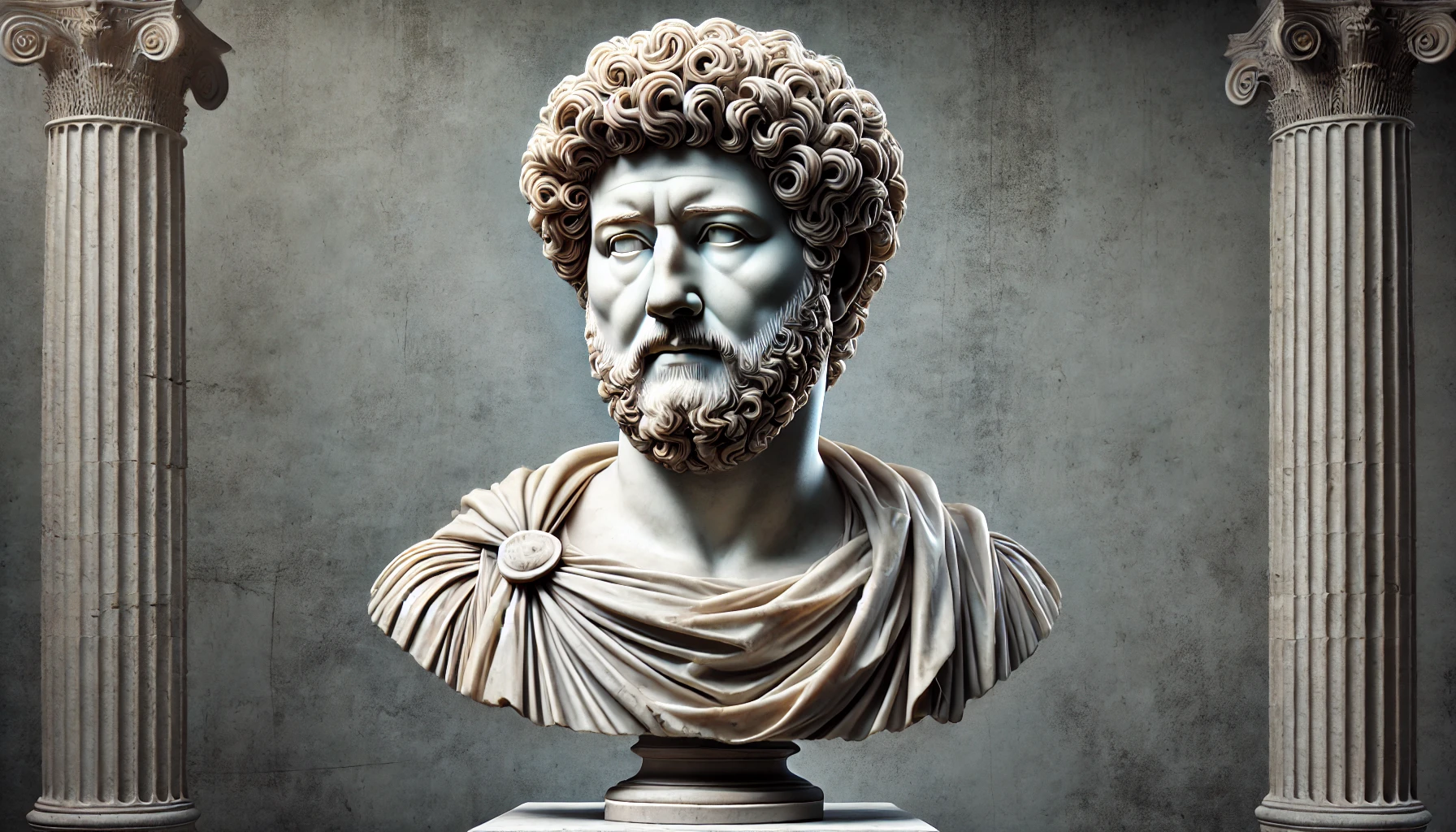
When Doing the Right Thing Hurts
What Marcus Aurelius Knew About Success That Most Entrepreneurs Ignore
I remember staring at the spreadsheet, willing the numbers to change. It was clear: if we took this patient, we would lose a lot of money. We were a new business, and every dollar mattered. A lot. Medicare wouldn’t come close to covering the cost of care she needed. Every other home health agency had already turned her down. And I understood why—the math was brutal.
From a business perspective, the right choice was obvious.
But that wasn’t the only factor in my decision.
I thought about the patient—an elderly woman with serious medical needs and nowhere to turn. Her doctor had already told her to “get used to the idea” of having both legs amputated below the knees. I thought about the kind of company I wanted to run and the kind of person I wanted to be.
So, I made the decision.
We took her on.
And by the time it was over, we had lost about $20,000. But she kept her legs.
To this day, that $20,000 loss is one of my proudest business decisions. Because here’s what I’ve learned: your business becomes a mirror of who you are. Every choice—especially the painful ones—shows what you truly value.
Marcus Aurelius wrote: “Waste no more time arguing about what a good man should be. Be one.”
That day, I learned what that meant in business. Integrity isn’t a strategy. It’s a choice. And sometimes, doing the right thing costs you.
I’ve seen the other side too. In our area, there was a guy who owned a power wheelchair company. The Medicare regulations were clear about who qualified for electric wheelchairs and who didn’t. But he found ways around those rules. For a while, he was living large—he even bought a Ferrari and a Dodge Viper on the same day (I am not making this up). Until the feds caught up with him. The fall was spectacular—massive fines, prison time. All those shortcuts led straight to jail.
I think about him when I hear business owners justify ethical gray areas. “Everyone does it.” “It’s just business.” “I have to do what’s best for me.”
The people who think that way don’t always fail immediately. Some of them even look successful for a long time.
Until they don’t.
Marcus Aurelius also said, “The best revenge is to be unlike him who performed the injury.”
The Moment You Have to Decide Who You Are
Every business owner will face a moment when doing the right thing costs them something.
Years ago, when I owned my home health company, a senior living community offered to send all their Medicare referrals our way—if I agreed to hire and pay staff that they could use as their own. It was the kind of steady business that could transform our company. It was also a clear violation of Medicare regulations. I refused. They turned hostile and gave all their business to a competitor who was willing to play along.
I lost. Or at least, it seemed like I did.
No one ever got caught. That competitor made a lot of money.
But would I do it differently today?
Not a chance.
Because while they made their money, I kept my reputation. And in the long run, that’s what actually matters.
The real test of character isn’t the easy decisions. It’s the ones that hurt in the moment but define who you are in the long run.
The Hidden Cost of Compromise
Some business owners justify small ethical compromises in the name of growth. They think it’s just business.
But those decisions always come with a cost.
- Erosion of self-respect: It’s hard to feel good about success if you know you got there by betraying your own principles.
- Loss of trust: Some people may never know. Some people may not call you out, but they notice when your actions don’t match your words.
- Reputation damage: Bad business practices usually catch up to you. Word spreads, and once your reputation takes a hit, it’s hard or impossible to rebuild.
It’s not just about the big decisions—it’s about the small, daily choices that determine whether you build a business you’re proud of.
Integrity Is a Competitive Advantage
Doing the right thing isn’t always the fastest path to success, but in the long run, it’s the surest path to sustainable success.
- Clients and customers trust businesses that operate with integrity.
- Reputation compounds over time—good or bad.
- The best opportunities often come from referrals, and people recommend businesses they trust.
Short term sacrifice often leads to long term loyalty.
What You Need to Decide Now
Marcus Aurelius wrote, “Just that you do the right thing. The rest doesn’t matter.” Easy to say. Harder to live by when you’re watching business walk out the door.
But here’s what I’ve learned about integrity in business:
The day will come when you have to choose between what’s profitable and what’s right. Make that decision now, before money is on the table. Because in that moment, with dollars in your face, it’s too easy to rationalize.
When that moment comes, ask yourself:
- If this became public, would I stand by it?
- Ten years from now, which will matter more – the money or how I earned it?
And for me, this one is the kicker:
- “When my kids ask me about my business, will I be proud to tell them this story?”
In the end, your business isn’t just what you build. It’s who you become while building it.
What kind of business are you building, and what kind of person are you becoming?




